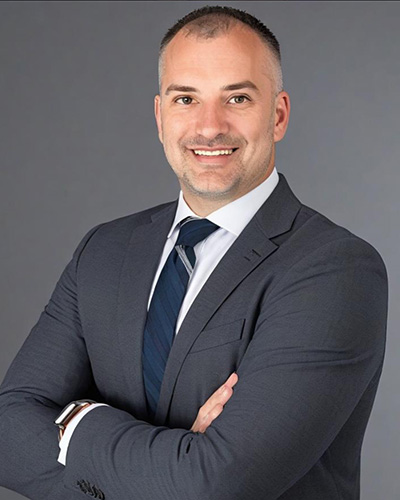
Article Library

Justin Handrow
Handrow Wealth Management
1879 Splitwood Drive
Grafton, WI 53024
justin.handrow@agent.annuity.com
(414) 238-1675
Probate vs. Non-Probate Assets
What sets them apart?
Estate planning is essential to preparing for the future, particularly for retirees and pre-retirees. A key aspect of this process is understanding the distinction between probate and non-probate assets. This knowledge can significantly impact how your property is distributed after your passing and the ease with which your beneficiaries receive their inheritance.
What is Probate?
Probate is the court-supervised procedure for distributing a person's assets upon their passing. This legal process entails authenticating the deceased's will, designating an executor or administrator, evaluating their assets, paying off any debts and taxes, and then allocating the remaining assets to the designated beneficiaries. Due to its often lengthy and costly nature, many people seek strategies to reduce the amount of their estate that must undergo probate.
Differentiating Between Probate and Non-Probate Assets
The crux of estate planning is understanding what constitutes probate and non-probate assets.
- Probate Assets: These assets are solely in your name at the time of death or are co-owned without rights of survivorship. Common examples include:
- Real estate titled solely in your name or as a tenant in common.
- Personal possessions like jewelry, cars, and furniture.
- Bank accounts that are only in your name.
- Shares in businesses, such as partnerships, corporations, or LLCs.
- Life insurance policies or brokerage accounts that name the estate as the beneficiary.
- Non-Probate Assets: These assets bypass the probate process and go directly to designated beneficiaries. They include:
- Property held in joint tenancy or as tenants by the entirety, seamlessly transferring to the surviving owner upon their partner's demise.
- Bank or brokerage accounts with designated beneficiaries, often labeled as payable-on-death (POD) or transfer-on-death (TOD) accounts.
- Assets held in a trust are controlled by the terms of the trust rather than your will.
- Life insurance or brokerage accounts that name someone other than the estate as the beneficiary.
- Retirement accounts, which typically have designated beneficiaries.
Why It Matters
The categorization of your assets as probate or non-probate is vital. Your will generally does not govern the distribution of non-probate assets. To guarantee that your estate plan is effectively executed, aligning the ownership and beneficiary designations of your assets with your broader estate planning objectives is crucial.
Reviewing Your Estate Plan
Regularly reviewing the ownership of your property and your accounts is crucial. For jointly owned property, it's essential to understand the type of joint ownership and how that affects the transfer of the asset upon your death. Additionally, beneficiary designations should be periodically reviewed and updated to reflect your current wishes, as these designations will typically override instructions in your will.
Seeking Professional Guidance
Given the complexities involved, consulting with a qualified estate planning attorney is highly recommended. They can ensure that your assets are aligned with your estate planning objectives and guide you on how to structure your estate to minimize the burden of probate on your beneficiaries.
Effective estate planning involves a clear understanding of probate and non-probate assets. By carefully categorizing your assets and seeking professional advice, you can ensure a smoother and more efficient estate transfer, providing peace of mind for you and your loved ones.
Important: To navigate the complexities of probate and non-probate assets, I encourage you to contact a licensed and authorized financial advisor or estate planning attorney. They can provide personalized guidance tailored to your unique situation, ensuring your estate plan aligns with your wishes and offers peace of mind for your future and that of your loved ones. Take the first step today towards a secure and well-planned legacy.
Recap:
- Estate Planning Fundamentals: Differentiating between probate and non-probate assets is a key aspect of estate planning.
- Probate Process: Involves legal procedures to distribute assets after death.
- Asset Types: Distinction between probate (individually owned) and non-probate (automatically transferred) assets.
- Estate Management: Importance of aligning asset categorization with estate planning goals.

Best Tips
For A Worry-Free
Retirement
The Safe Money Guide